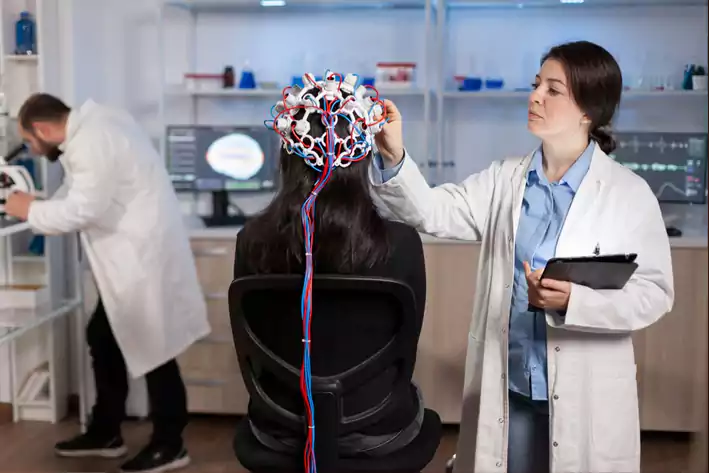Course Information
Course Description
The Level 4 Diploma in Psychology: Processes of Human Memory course delves into the intricacies of human memory processes, equipping learners with a profound understanding of memory mechanisms, theories, and applications. Through rigorous exploration of subject content, independent analysis, and effective communication, students will develop critical thinking skills essential for evaluating and interpreting various aspects of human memory.
COURSE OBJECTIVES
This course aims to provide students with a comprehensive understanding of the processes underlying human memory. It fosters critical examination of memory functions within diverse contexts, enabling students to grasp the complexities of memory encoding, storage, retrieval, and forgetting. Topics covered include sensory memory, short-term memory, long-term memory, working memory, and the influence of factors such as emotion, attention, and cognition on memory processes.
COURSE OUTLINE
- Processes of Human Memory
- Sensory memory
- Short-term memory
- Long-term memory
- Working memory
- Factors influencing memory (e.g., emotion, attention, cognition)
STUDENT ACQUISITIONS
Upon completing the course, students will:
- Demonstrate a deep understanding of the fundamental processes involved in human memory.
- Critically analyze and evaluate various theories and models of memory.
- Apply knowledge of memory processes to real-life situations and contexts.
- Recognize the influence of factors such as emotion, attention, and cognition on memory functioning.
- Develop problem-solving skills for addressing memory-related challenges.
- Enhance communication abilities to articulate complex concepts related to human memory effectively.
LEARNING METHODOLOGIES
The course employs a variety of effective learning methodologies, including:
- Engaging with comprehensive subject content to build a solid foundation of memory processes.
- Encouraging independent research and critical analysis of memory theories and research findings.
- Facilitating practical application of memory concepts through case studies, experiments, and real-world examples.
- Promoting critical evaluation of research sources and empirical evidence related to human memory.
- Fostering logical thinking and coherent argumentation in discussions and written assignments.
- Developing decision-making skills for applying memory strategies and techniques effectively.
- Enhancing communication abilities for clear and persuasive presentation of memory-related concepts and findings.





